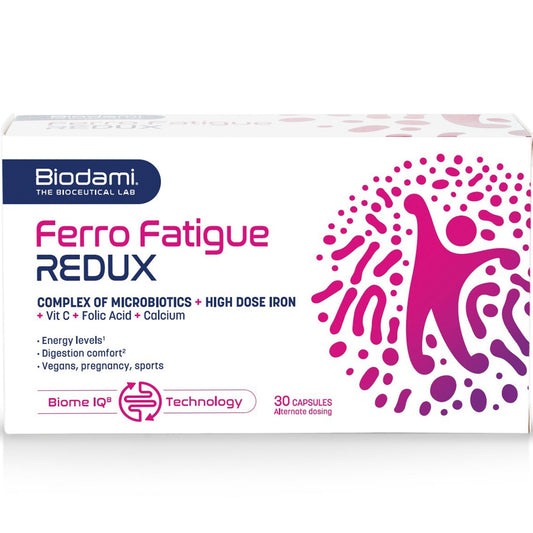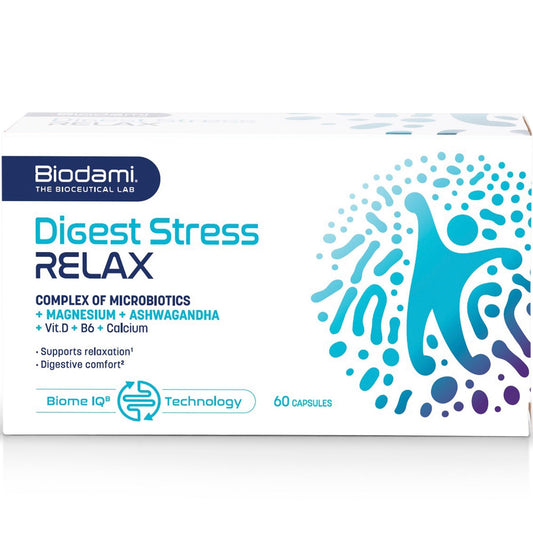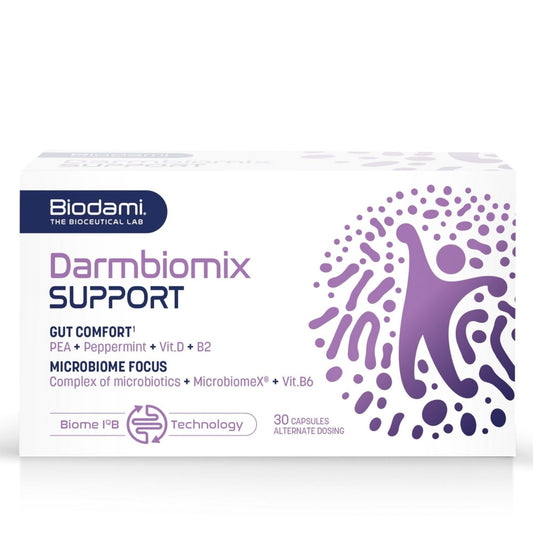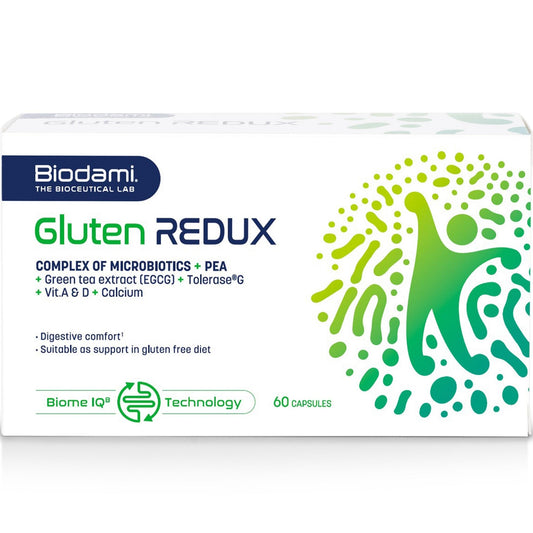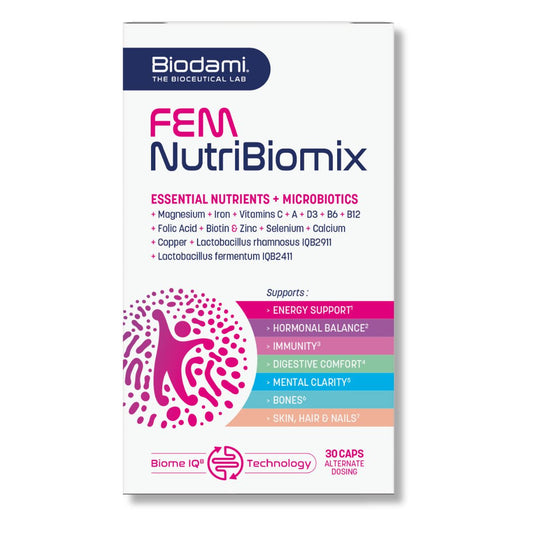Iron is an essential mineral that helps the formation of hemoglobin, the part of the red blood cells that carry oxygen. Without iron, our red blood cells cannot carry oxygen to our tissues and muscles. About 75% of the iron we need is used for red blood cell formation.
In our previous blog we talked extensively about the role of iron in the body and the gut microbiome. What is iron and what you need to know about the gut microbiome --> see our key takeaways to help you prudently decide on what iron supplements would be for you.
We cannot make iron in our bodies so we need iron from the foods we eat but its absorption is typically low. Heme-iron from red meats and typically animal sources is more readily absorbed but the iron content is less than what you would normally get from vegetables and nuts for example. These are foods that carry non-heme iron which is unlike heme iron not readily absorbed. The body still has to transform it to a more absorbable form of Fe2+. Despite its lower bioavailability, non-heme iron still contributes greatly to our iron nutrition. In mixed diets, 90% of the iron we ingest is through non-heme iron.
Our bodies have a great mechanism that allows iron to be absorbed efficiently. This is because of its toxic nature when in excess. Thus, the human body is able to maintain iron storage and recycle and repurpose a lot of the iron in the body. The human body is not equipped with any excretion methods so we hardly ever lose iron except during blood loss or the minimum amounts through dead skin cells.
If you eat well and balanced, you should get sufficient iron from your diet. But for some diet is not sufficient to sustain enough iron stores in the body and must therefore take iron supplements.
CAUSES OF IRON DEFICIENCY

-
Some have genetic dispositions or absorption may be affected due to chronic gastrointestinal issues such as Crohn’s disease, Ulcerative Colitis, and Celiac disease.
-
Some have the inability to absorb iron from foods
-
Vegetarians and vegans are more likely to be iron deficient if they do not consume iron-rich foods.
-
Some people have an increased need for iron in the blood. Think of pregnant women who need to make more blood as the fetus grows. During pregnancy, blood volumes increase by up to 50%! [1]
-
Athletes also need more iron as they need increased oxygen transport to perform as their muscles use a lot of iron to help produce the energy they need.
-
When people suffer from blood loss which is one of the main ways we lose iron, they may need to add extra iron to restore what is lost. Menstruating women commonly suffer from iron deficiency because of iron loss during every menstrual cycle.

In other words, your diet, chronic blood loss, pregnancy and vigorous exercise can cause iron deficiency.
SYMPTOMS OF IRON DEFICIENCY
You may be iron deficient if you experience the following symptoms:
- You are inexplicably tired
- You are extremely tired and get tired fast
- You are quickly out of breath
- You have brittle nails
- You have pale skin
- You have troubles concentrating
The intensity of these symptoms may be related to the rate of iron deficiency. The more iron deficient you are the heavier the symptoms. It is worth checking because iron is still the nr. 1 nutrient deficiency in the world [2]
It is important to get your iron levels checked by the doctor. If you are severely iron deficient, you may have iron deficiency anemia.
You are more at risk of this deficiency or anemia if you are pregnant or menstruating or have a vegan and vegetarian diet. Find out more in this blog.
In general, if you eat a well-balanced and varied diet, you should have a sufficient supply of iron.
But if you add up the symptoms and whether you are a risk population and you think your diet is not sufficient, get your doctor to confirm if you have iron deficiency.
Recommended For You
Kristina Cueva
Kristina has always had a passion for understanding diseases and their underlying mechanisms. With a Biomedical sciences background as well as Public Health & Economics, Kristina understands the burdens diseases have on society. This helps her understand the necessary innovations to promote good health which ultimately lower burden of disease.
References:
1.Cappellini, MD, Musallam, KM, Taher, AT (University of Milan, Milan, Italy; International Network of Hematology, London, UK; American University of Beirut Medical Centre, Beirut, Lebanon). Iron deficiency anaemia revisited (Review). J Intern Med2020; 287: 153– 170
2. World Health Organization. (2016). Guideline: Iron supplementation
If you need an iron supplement for your iron deficiency. This may be an option.
Ferro Fatigue REDUX
- Regular price
- €29,95
- Promotional price:
- €29,95
- Regular price
-
€0,00 - Unit price
- per
